The 2019 Indigitous #HACK split the event into multiple weekends, starting in Auckland, New Zealand September 13-15 and ending in Yangon, Myanmar on November 16. Over a few weekends in between, approximately 1,100 technologists, developers, designers, and mission workers in 37 cities and 26 nations around the world came together for the fourth year of Indigitous #HACK.
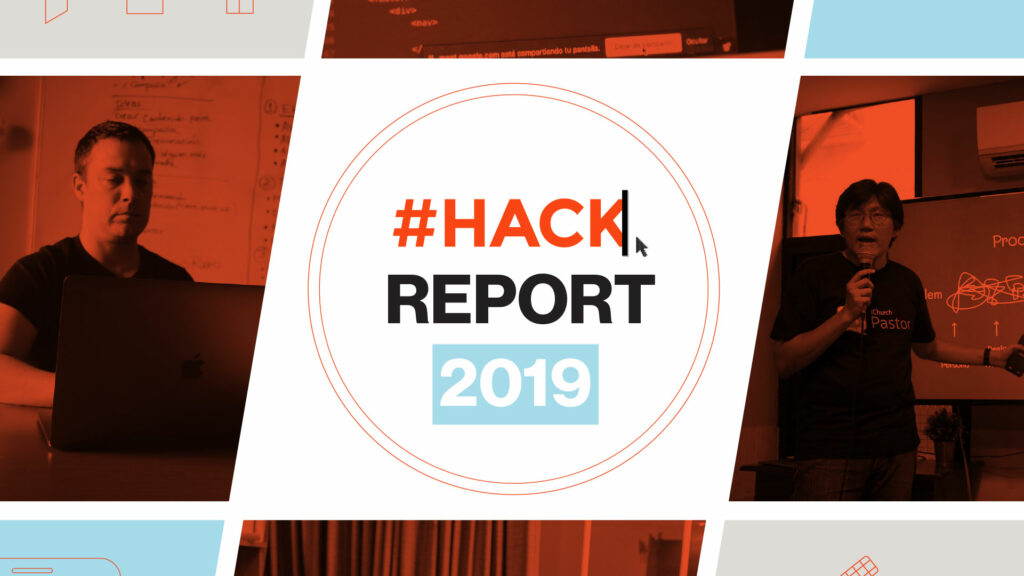
#HACK2019 Numbers
- 1,100 Participants
- 37 Cities
- 26 Countries
- 6 Continents
Manila, Philippines
God has written each person’s talents, interests, and passions into their story for a reason. For the coders, technologists, and creatives, Indigitous #HACK is one way to see God’s purpose in action.
Singapore
What difference can one person really make? You’ve probably thought that before. When more than 100 people gathered in Singapore for Indigitous #HACK, though, each person brought their own skills and passions. Though each person may not have felt they had much to offer, God was able to use their steps of faith in a big way.
Auckland, New Zealand
A team in Auckland, New Zealand felt called to bring the Gospel to the Pukapuka language, a minority language in the Cook Islands. The animation project that was started at #HACK was continued by students at a Christian school.
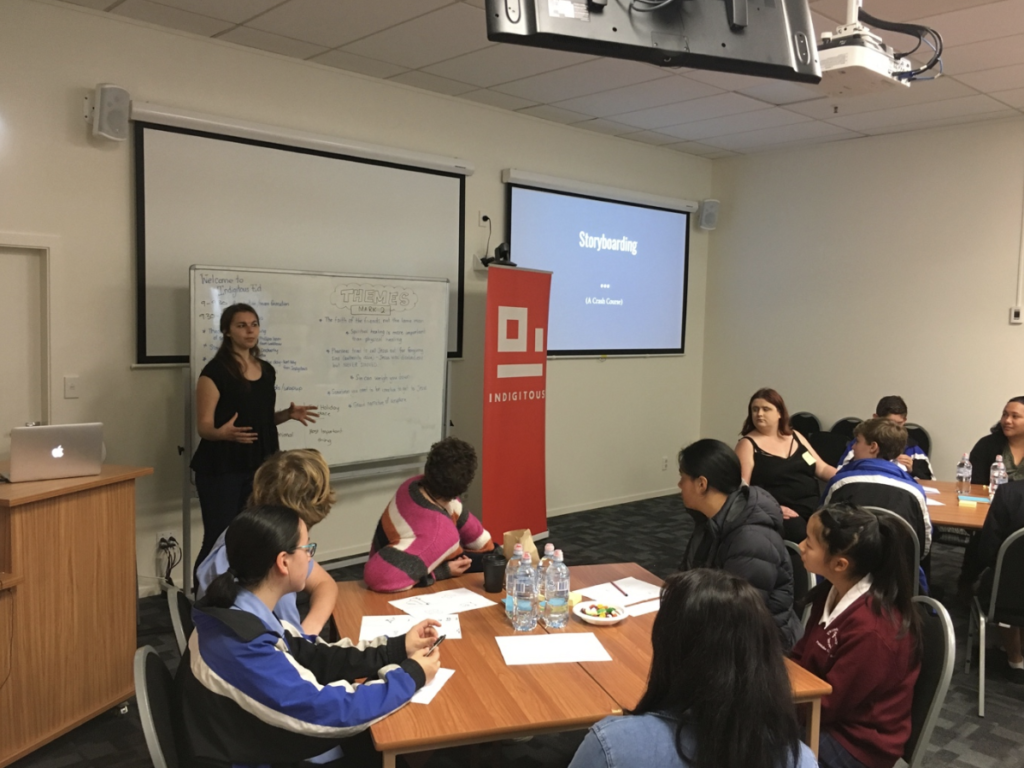
Singapore
In Singapore, nearly one million migrant workers often work hazardous jobs where injuries are frequent. Although they are legally able to get those medical bills covered, most migrant workers don’t report their injuries for a number of reasons. Participants in Singapore created a platform to remove some of those hurdles.
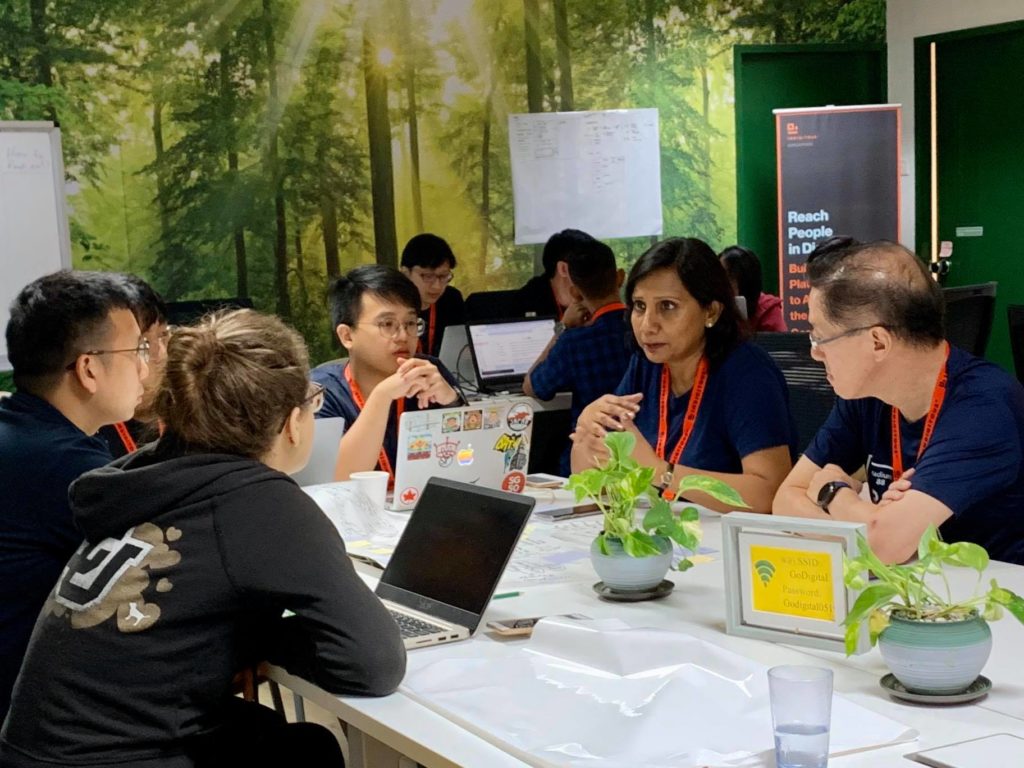
Panama
Leaders of #HACK Panama found themselves without any developers but were still able to make an impact.
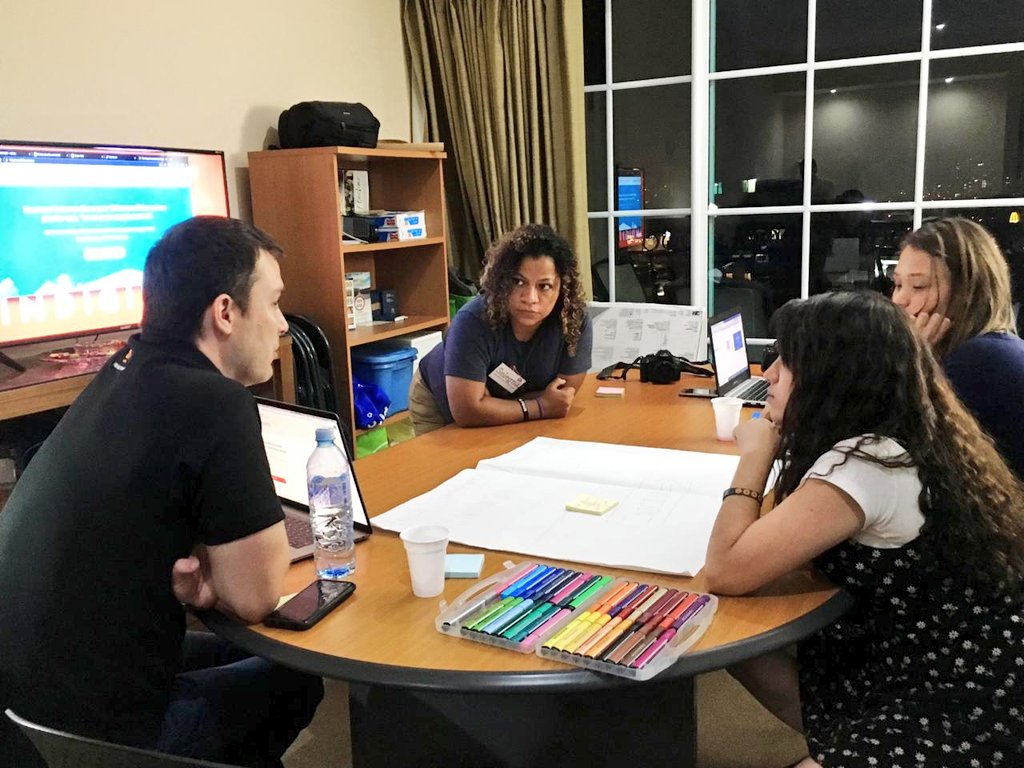
iloilo City, Philippines
If just one family from every church in Iloilo, Philippines were to rise up, they could provide a home for every orphaned child. One team tried to make that a reality.
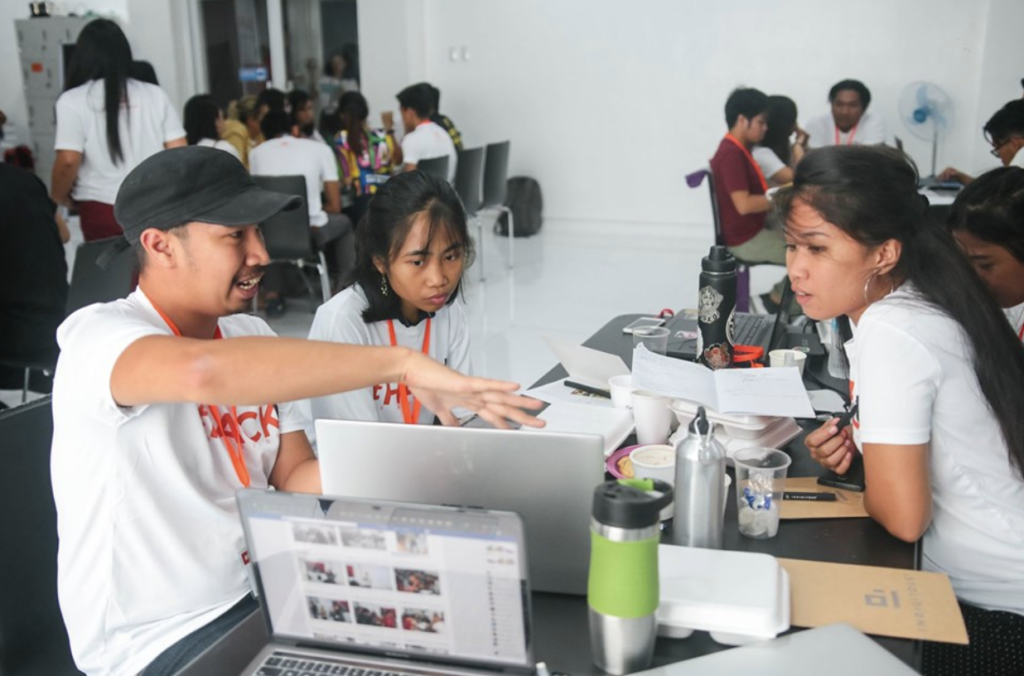
Panama
Twelve participants gathered in Panama to continue work on two projected that were started at last year’s hackathon. One project, Jesus Y Los Temperamentos, uses a quiz to help people realize the type of person God has made them to be, in relation to the four temperaments, and how Jesus is the perfect embodiment of that personality. The other project, Y Yo Que, is a media campaign to highlight those creating positive change in the city.
Raleigh, USA
Approximately 50 people joined the first Indigitous event in the state of North Carolina. Those who came to the hackathon worked on an online platform connecting various professionals and volunteers to missional projects.
London, UK
This Kingdom Code hackathon, which they call BUILD, saw 105 participants work on 13 missional projects. The prize-winning projects were Value Navigator — a Buzzfeed-style quiz that helps people understand what they value in life in terms of how God created them, Find the Need — which helps people find areas of deprivation around their church and relevant ministries that can help, and Bankuet, which helps food banks get donations that they need.
Berlin, Germany
In its first year at #HACK, 6 people met in Berlin to work on a project for 4Training.net, including translation of discipleship content.
N’Djamena, Chad
In this first-year city, 32 people gathered at the hackathon to work on two missional projects.
Nairobi, Kenya
Thirty people gathered in the Silicon Savannah to work on three projects, including an app to help with understanding the Bible.
Lubumbashi, Democratic Republic of the Congo
25 people met to work on two projects focused on biblical edification.
Kampala, Uganda
Twenty-eight attendees congregated in Kampala to work on a Christian blog and the Widespread Bible Chatbot.
Hawassa, Ethiopia
Thirty-three people contributed to 5 projects at this hackathon, including an evangelism count app that tracks how many people have heard the Good News and come to Christ, a series of short films in Amharic, and the creation of content for the goTandem app.
Bauchi State, Nigeria
A first year #HACK location, 17 people met in Bauchi State to work on two projects, AskBuddy and Walking With Jesus.
Addis Ababa, Ethiopia
Addis has taken part in Indigitous #HACK every year so far. This year, 45 participants gathered to work on five projects, including a Telegram bot manager, a Web-based aggregator of Christian content that filters out heresy, and a Bible app for kids.
Abidjan, Côte d’Ivoire
Twenty-three met in the second #HACK event in Abidjan, working on three projects, including creating ministry websites and an app for online discipleship.
Melbourne, Australia
Ten participants in this #HACK event worked on a platform for matching ministry workers in unreached places with donors and a conversational engine for engaging users in a creative access country on a content journey.
Auckland, New Zealand
New Zealand started off #HACK this year with their event on September 13-15. Fourteen people joined to work on two projects aimed at improving the user experience for members and visitors of Indigitous.org. One project was better integrating Github into the Indigitous.org website to better enable people to find users and projects for collaboration. The other was a UX project creating an ideal user journey for the website.
Singapore
One of the locations that has taken part in #HACK in each of the first four years, Singapore had 105 participants who contributed to four challenges, including helping connect the churches in Singapore for better collaboration and bringing healthcare to the poor and underprivileged.
Manila, Philippines
Sixteen people formed three teams in Manila to work on challenges such as ending the sexual exploitation of children and creating a “next step” for those who watch the Jesus Film. In addition to the hackathon, participants also took part in a Digital Outreach event.
Iloilo, Philippines
The first year of #HACK in this Philippine city saw 70 people gather to work on three projects, the Is There a God ad campaign, a website to connect people to online friends for missions, and the No More Orphans project.
Hong Kong
Due to the volatile political situation in Hong Kong, it was decided to hold most of the hackathon online so people could participate remotely. Those who attended worked on ways to grow the local Indigitous community in Hong Kong.
Chiangmai, Thailand
Participants in Chiang Mai worked on a project to create a Bible karaoke video tool that helps Bible translators increase literacy as well as biblical knowledge as well as a database to track Christian education materials in remote areas.
Bangkok, Thailand
Eight took part in this Thai hackathon to work on a Facebook page that helps people suffering from depression as well as a tithing management system.